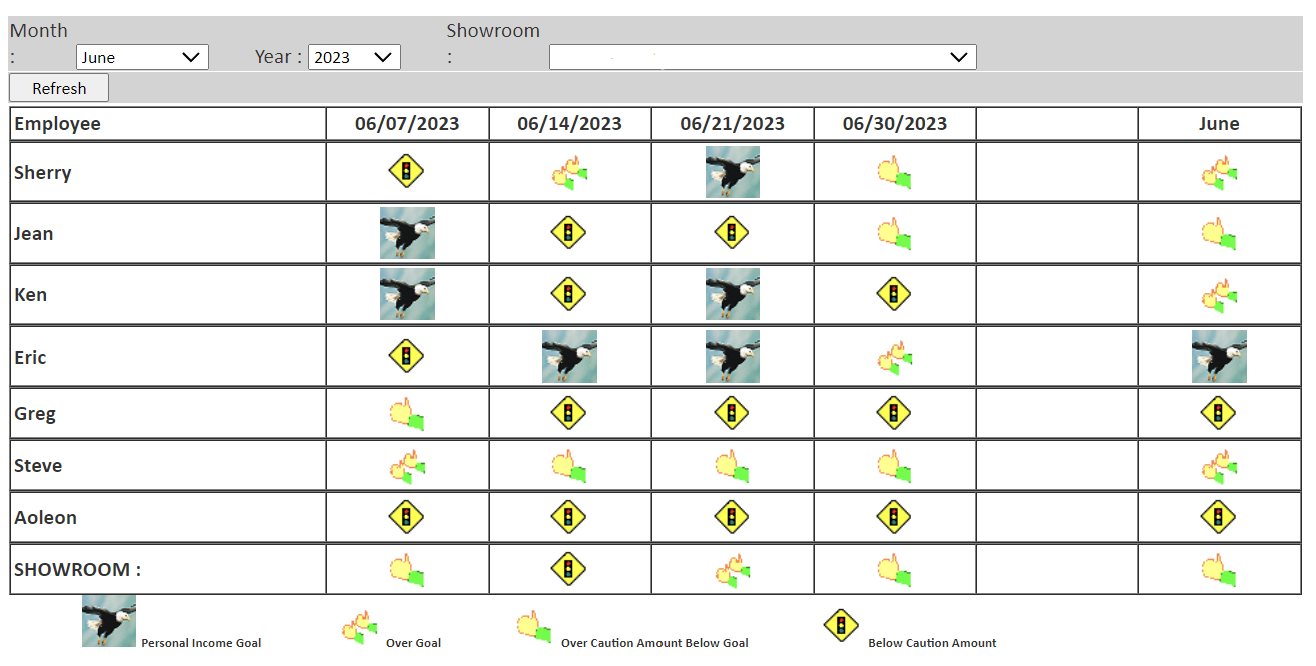A successful sales goals program is essential for businesses aiming to drive revenue growth and achieve their strategic objectives. This program offers a comprehensive framework that encompasses various elements crucial for sales success. By providing clear and specific goals, tailored strategies, performance tracking, training and development, motivation and incentives, ongoing support, and accountability measures, a well-designed sales goals program empowers organizations to optimize their sales efforts and drive tangible results. Let us delve deeper into the key components that make up an effective sales goals program.
- Clear and Specific Goals: The program should define clear and specific sales goals that align with the client’s overall business objectives. These goals should be measurable, attainable, and time-bound.
- Customization: The program should be tailored to the client’s unique needs and industry. It should take into account the client’s products or services, target market, competitive landscape, and any other relevant factors.
- Strategy Development: The program should help the client develop an effective sales strategy that outlines the approach to achieving the set goals. This may involve identifying target customers, defining value propositions, determining pricing strategies, and creating a sales pipeline.
- Performance Tracking and Metrics: The program should establish a system for tracking sales performance and measuring progress toward the goals. It should provide regular updates, reports, and analytics to help the client assess performance, identify areas for improvement, and make data-driven decisions.
- Training and Development: The program should offer training and development opportunities to enhance the skills and knowledge of the client’s sales team. This may include sales techniques, product knowledge, objection handling, negotiation skills, and customer relationship management.
- Motivation and Incentives: The program should incorporate motivational elements to keep the sales team engaged and driven to achieve the goals. This can involve setting up incentive programs, recognizing top performers, providing rewards, and fostering a supportive and competitive sales culture.
- Ongoing Support and Coaching: The program should provide ongoing support and coaching to the client’s sales team. This could involve regular check-ins, feedback sessions, mentoring, and guidance to address challenges, refine strategies, and optimize performance.
- Continuous Improvement: The program should have a mechanism for continuous improvement, allowing for adjustments and refinements based on feedback, market changes, and emerging trends. It should be adaptable and flexible to ensure it remains effective over time.
- Accountability and Evaluation: The program should establish clear accountability measures to hold the sales team and program stakeholders responsible for their roles and contributions. Regular evaluations should be conducted to assess the program’s effectiveness and make any necessary adjustments.
- Collaboration and Communication: The program should foster collaboration and effective communication between the client’s sales team, management, and other relevant stakeholders. This ensures everyone is aligned, informed, and working towards common sales goals.
In conclusion, a successful sales goals program is a powerful tool that enables organizations to align their sales efforts with their overarching business objectives. By encompassing elements such as clear and specific goals, customization, strategy development, performance tracking, training and development, motivation and incentives, ongoing support, accountability measures, continuous improvement, and collaboration, this program empowers businesses to maximize their sales potential and achieve remarkable results. Investing in a comprehensive sales goals program not only boosts revenue generation but also fosters a motivated and high-performing sales team that is equipped with the necessary skills, knowledge, and resources to excel in a competitive market. With the right program in place, businesses can confidently navigate the sales landscape and propel their growth to new heights.


